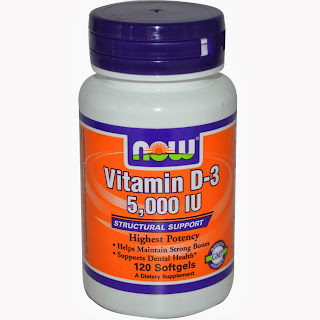 |
| Platelet building smoothie: spinach, berries, banana, coconut milk |
 |
| Source |
It's a fluffy platelet toy! You know, I think I'm just going to get one anyway. How cute.
It's encouraging to find that remission without drugs is not unheard of. That's good. However, as usually happens with natural healing, it's never the one thing that works for everyone. There are a few themes emerging though. Generally it seems that ITP people do better on lower and lighter protein levels than what I've been eating. That is, less red meat, more fish and white meats.
There is a lot of agreement that platelet levels do not respond favourably to a low-carb diet. I also found a study showing that a ketogenic (very low carb, high fat) diet is terrible for platelet levels, even if you don't have ITP. It's also agreed that more veges (especially vit K packed green ones) = healthier platelet levels and most people notice that stress and alcohol cause platelets to flee.
I'd say it's pretty obvious what I need to do: eat more veges (I'm thinking something close to the Wahls protocol: 9 cups a day), keep protein moderate, carbs at about 150g a day and live a very relaxing lifestyle that proscribes stress, worry and alcohol. Nothing too unexpected there.
Raw smoothies are my friend. It would be great if the pretty colours could make a sort of rainbow smoothie, but.. it just turns brown when blended. Very disappointing.
As well as vege-ing it up, I've been looking into supplements. I'm taking papaya leaf in capsule, liquid extract and herbal tea form, but I'm on the fence about the potential benefits. Papaya leaf is an Indian remedy for low platelets and immune regulation that seems to work spectactularly for some people, and not at all for others. There are a few studies, like this one, showing platelet increases in mice, and a few more that concentrate on the low-platelet after effect of dengue fever, but I wouldn't say the scientific basis is strong. There aren't any papaya leaf studies that have addressed ITP of unknown cause.
I'm going to try that papaya leaf for three weeks and see what happens. I like to exercise caution with herbs: like any medicine, you can overdo it.
The only nutrient that consistently recurs in my readings and in interacting with smart people that know stuff, is Vitamin D. This (below) is the one I'm taking, and at the moment I'm on 50,000IU a week. I'll have a test in a few weeks to see what my levels are, but as I'm sun phobic (wrinkles!), I would not be surprised if I'm deficient.
Vitamin D is not truly a 'vitamin' but acts more like a hormone in the body. It is a well documented regulator of the immune system and also has a role in healing and preventing leaky gut through increasing expression of the proteins that seal up the 'tight junctions' in the intestine.
More readings on vitamin D (thank you Andre!)
An overview of sunlight, vitamin D and autoimmunity (full article, a very good read - it discusses one case of ITP).
Two case studies of ITP remission with high-dose vitamin D (they were also taking hydroquinone, but suffered relapse if the vitamin D was removed from their protocol).
Side effects of vitamin D overdose (and why it's better to sunbathe, if possible)
I'm also taking magnesium, and attempting to increase my intake of vitamin K2.
And again, the waiting game.... blood test next Friday.
Edit: Result - no real change. Last three months have been 75,000 / 77,000 / 73,000




You're welcome!
ReplyDeleteI would like to point out that most secondary effects collected by Steve and his commenters are quite likely due to a deficiency of magnesium brought up by vitamin D perhaps by better absorption of calcium. It is a good idea to keep them in mind specially for those not supplementing magnesium.
Good luck on your next blood test!
Andrés
Thanks! Yes, that's interesting and not very well documented (the cal/mag thing). :D
Deletecheck B12 level in your blood. B12 is often messed up in many people, without it platelets will be low. If you decide to supplement, do it carefully. When I once tried 5000mcg tablets supposedly safe for most people I ended up on ER with low potassium. It depends on a person, I think it is best to start with up to 10mcg methylocobalamin B12 tablets with folic acid and see how things develop. Sauerkraut is good to maintain B12 level once it is reasonable, so no need to stay on tablets forever.
ReplyDeleteThanks for your comment. My B12 levels have been tested. You are incorrect that sauerkraut contains B12 though, as it doesn't. B12 is present in any non-animal sourced foods, unless added by fortification or contamination.
Delete